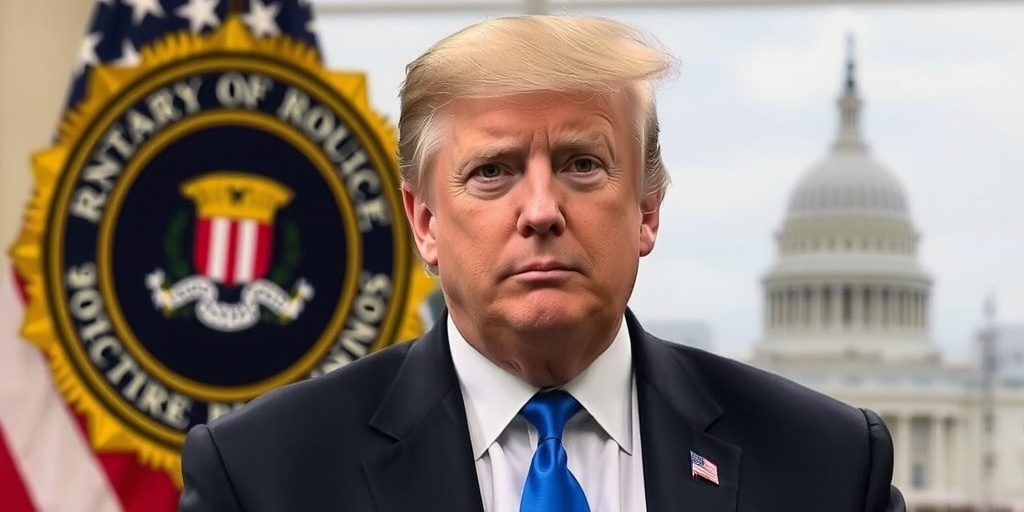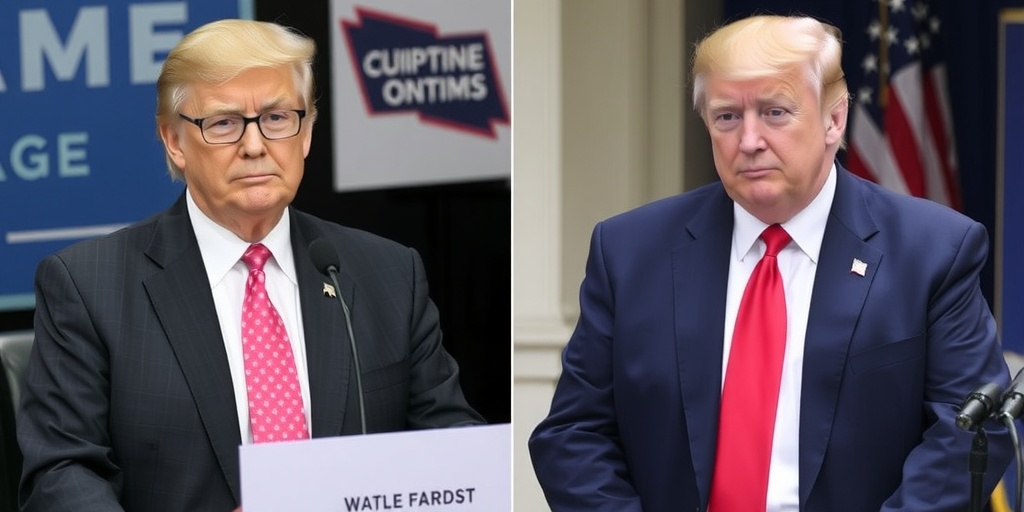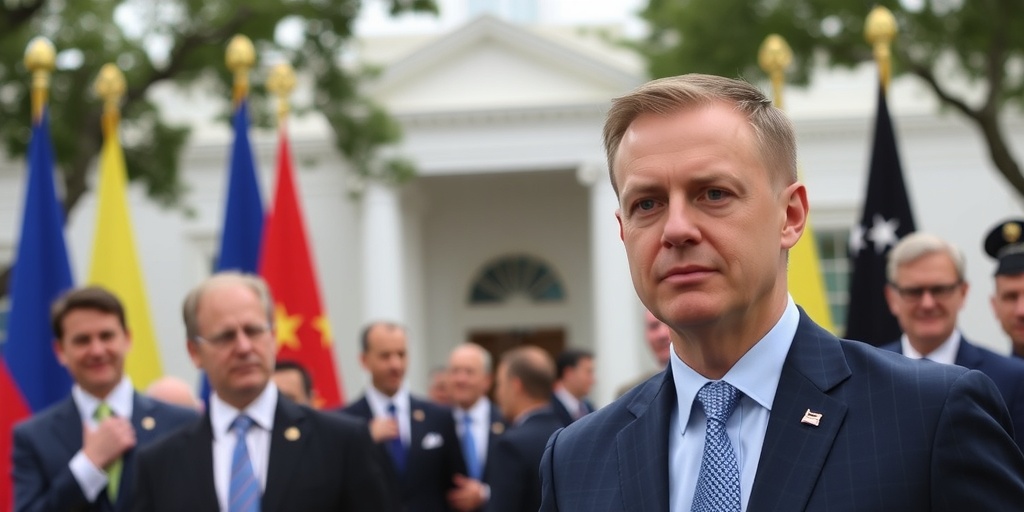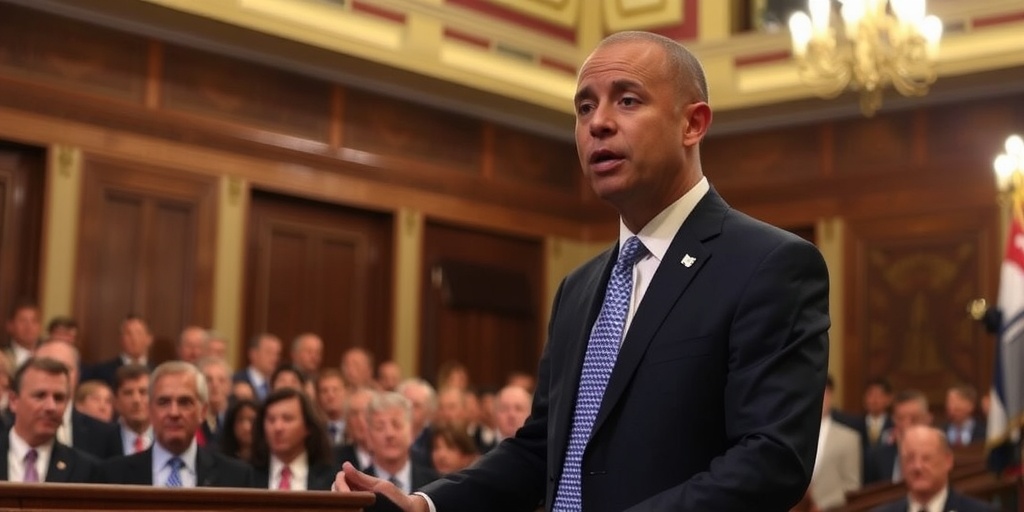Now Reading: Senate Democrats Seek GOP Support to Roll Back Trump Tariffs
-
01
Senate Democrats Seek GOP Support to Roll Back Trump Tariffs
Senate Democrats Seek GOP Support to Roll Back Trump Tariffs
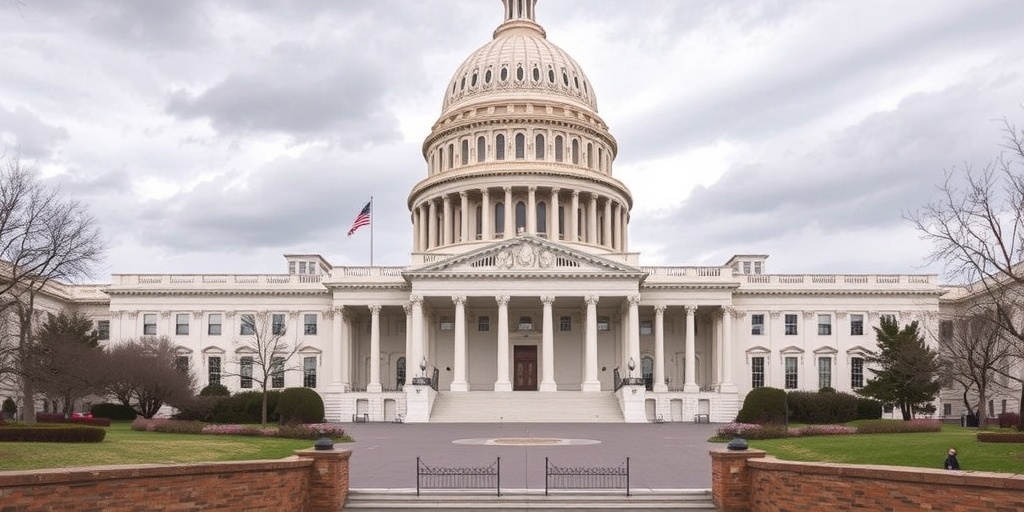
Title: Democratic Senators Push for Vote to Block Trump’s Tariffs on Canada Amid Bipartisan Concerns
In an effort to challenge President Trump’s recent tariffs on Canada, Democratic senators are set to initiate a vote on Wednesday that aims to halt the implementation of these levies. The senators are optimistic that they can garner enough support from some Republican colleagues to pass a resolution calling for the termination of the tariffs, which are scheduled to be enforced this week.
The move comes against a backdrop of skepticism regarding its potential success in the House of Representatives. GOP leaders there have proactively taken steps to prevent any attempts to reverse President Trump’s tariffs. Nevertheless, the approval of the resolution in the Senate could serve as a significant bipartisan declaration against the president’s approach to trade, reflecting widespread discontent with what many legislators are viewing as a trade war detrimental to American interests.
The resolution specifically targets the emergency powers that President Trump invoked back in February, powers he used to introduce sweeping tariffs on Canada. This action has not only triggered turmoil in the markets but has also attracted bipartisan criticism from lawmakers who are concerned about the adverse economic impacts on their constituencies.
President Trump’s executive order, which resulted in the tariffs, cited the International Economic Emergency Powers Act—an antiquated law that was primarily designed to impose sanctions on nations perceived as threats due to their conduct regarding human rights. The Trump administration justified the tariffs by claiming that the influx of drugs, specifically fentanyl, from Canada posed a significant threat to national security. This rationale has been met with skepticism, as many lawmakers argue that the majority of fentanyl entering the United States comes from Mexico and China, not Canada.
Senator Tim Kaine, a Democrat from Virginia and the leading force behind the resolution, expressed his strong opposition to the tariffs, stating, “The president has justified the imposition of these tariffs on, in my view, a made-up emergency. The fentanyl emergency is from Mexico and China. It’s not from Canada.” Kaine’s assertion reflects a growing sense among legislators that the tariffs may not be aligned with the realities of the drug crisis.
Co-sponsored by Senator Mark Warner (D-Va.) and Senator Amy Klobuchar (D-Minn.), the resolution seeks to revoke the emergency declaration that effectively provides President Trump the authority to enforce these tariffs. The measure is significant as it hopes to reflect bipartisan discontent in a divided Congress.
Adding a twist to the proceedings is Senator Rand Paul, a Republican from Kentucky who stands as the resolution’s sole Republican supporter. His involvement has garnered interest from some other GOP senators who have expressed concern about the economic fallout stemming from President Trump’s trade measures. The resolution could pass if it secures the support of four Republican senators in addition to the full backing of Democrats and independents.
In a recent social media post, President Trump criticized the resolution, urging Republican senators to oppose it. He framed the tariffs as a necessary response to an ongoing national emergency, saying, “Vote to keep the National Emergency in place, so we can finish the job, and end the scourge,” alluding to the fentanyl crisis. Trump further attributed what he perceives as failures to combat drug trafficking to Democratic “weakness” and claimed that significant progress has already been made under his administration to address these issues.
Should the Senate successfully pass the resolution, it will then move to the House, where the prospects remain uncertain. Republican leadership in the House has recently adopted a strategy that diminishes their chamber’s ability to compel votes on matters such as abolishing tariffs. This means that unless House Republicans choose to bring the resolution to the floor, those efforts could be stymied.
During a news conference, Senator Warner articulated the importance of transparency, urging GOP senators to voice their opposition to the tariffs publicly. “We’re not asking for the whole world to change,” he said. “We’re asking for four Republican senators to actually go on record what they’ve all said privately: They are aghast at the tariffs. They are aghast at the economic turmoil.” He further emphasized the need for action, explaining, “You can’t be silent. Silence leads to more of this.”
As the debate surrounding the tariffs unfolds, the potential for a bipartisan coalition in the Senate reflects the growing unease regarding the economic ramifications of President Trump’s trade policies. The outcome of the vote could signal a pivotal moment in the ongoing discourse about tariffs, trade relations, and their broader implications for American economic stability.
Stay Informed With the Latest & Most Important News
Previous Post
Next Post
-
 01New technology breakthrough has everyone talking right now
01New technology breakthrough has everyone talking right now -
 02Unbelievable life hack everyone needs to try today
02Unbelievable life hack everyone needs to try today -
 03Fascinating discovery found buried deep beneath the ocean
03Fascinating discovery found buried deep beneath the ocean -
 04Man invents genius device that solves everyday problems
04Man invents genius device that solves everyday problems -
 05Shocking discovery that changes what we know forever
05Shocking discovery that changes what we know forever -
 06Internet goes wild over celebrity’s unexpected fashion choice
06Internet goes wild over celebrity’s unexpected fashion choice -
 07Rare animal sighting stuns scientists and wildlife lovers
07Rare animal sighting stuns scientists and wildlife lovers













